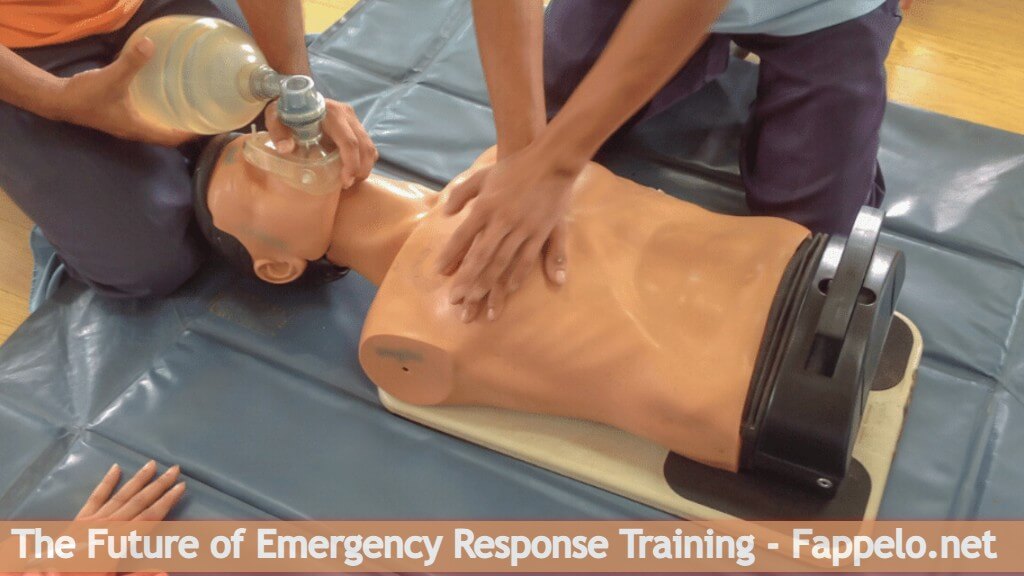Heavy vaginal bleeding, also known as menorrhagia, can be a significant concern for many women, impacting their quality of life and overall well-being. Whether it’s part of the menstrual cycle or the result of a medical condition, excessive bleeding requires attention and care. In this article, we’ll explore expert tips and advice on how to manage and address heavy vaginal bleeding effectively.
What are the Causes and Symptoms of Heavy Vaginal Bleeding?
Fluctuations in estrogen and progesterone levels can disrupt the menstrual cycle, leading to excessive bleeding and Non-cancerous growths in the uterus can cause heavy bleeding by interfering with the menstrual process.
A condition where uterine tissue grows outside the uterus can lead to abnormal bleeding and pain and small growths on the inside of the uterus can cause bleeding.
Beyond excessive bleeding, women with menorrhagia may experience the following symptoms like Fatigue, Weakness, Shortness of breath, Dizziness, Iron-deficiency anemia (low iron levels in the blood), Pelvic pain or discomfort, Abdominal bloating and Difficulty concentrating
Blood Clotting Disorders, Pregnancy-Related Issues and Medications
Certain blood clotting disorders, like von Willebrand disease or platelet disorders, can interfere with the body’s ability to form blood clots, resulting in prolonged bleeding. Miscarriages, ectopic pregnancies, and placental problems can cause heavy bleeding during pregnancy or shortly after delivery.
Certain medications, such as blood thinners, anticoagulants, and hormonal contraceptives, can increase the risk of heavy bleeding.
Pelvic Inflammatory Disease (PID) and Cancer
Pelvic Inflammatory Disease, an infection of the reproductive organs, can cause heavy bleeding along with other symptoms such as pelvic pain, fever, and abnormal discharge. It’s essential to treat PID promptly to prevent complications.
In rare cases, heavy vaginal bleeding can be a sign of uterine, cervical, or ovarian cancer. Women who experience abnormal bleeding, especially after menopause, should seek medical advice to rule out any serious conditions.
What is the Impact of Heavy Vaginal Bleeding on Women’s Lives?
Heavy vaginal bleeding can have a significant impact on women’s lives, both physically and emotionally. It can cause fatigue, anemia, and other health problems, as well as disrupt daily activities and social relationships.
The psychological impact of menorrhagia can be particularly challenging. Women may feel embarrassed or ashamed about their condition, and they may worry about how it will affect their relationships and career.
How Heavy Flow Period Pads Can Help Manage Heavy Vaginal Bleeding?
Heavy flow period pads are specifically designed to absorb a larger amount of menstrual flow than regular pads. They often have a higher absorbency rating and may feature additional features like gel cores or leak guards to help manage heavy bleeding effectively.
Increased absorbency can hold more menstrual fluid, reducing the frequency of pad changes and minimizing the risk of leaks and Leak protection features like leak guards or extra coverage on the sides can help prevent blood from spreading to clothing or bedding. Some heavy flow period pads are designed with comfort in mind, featuring soft materials and breathable designs to reduce irritation.
How Coping with Heavy Vaginal Bleeding plays a role?
Understanding the causes and treatment options can help you feel more in control and Sharing your experiences can provide support and understanding and also connecting with others who have similar experiences can be helpful.
Practice relaxation techniques like meditation, yoga, or deep breathing can help reduce stress and if you’re struggling to cope emotionally, consider talking to a therapist.
Diagnosis and Treatment
Your healthcare provider will likely conduct a physical exam and ask about your menstrual history, sexual activity, and medical history. They may also order tests, such as a pelvic ultrasound, blood tests, or a biopsy, to determine the underlying cause of the bleeding.
Treatment for menorrhagia depends on the underlying cause. Options may include Hormonal therapy, Medications to reduce bleeding, Surgery to remove fibroids, polyps, or endometrial tissue, Treatment for infections Chemotherapy or radiation therapy for cancer.
What are some Self-Care Tips?
While seeking medical attention is essential, there are self-care measures you can take to manage heavy bleeding. Use pads or tampons with high absorbency, Avoid strenuous activity or heavy lifting, Get plenty of rest, Manage stress through relaxation techniques and Avoid nonsteroidal anti-inflammatory drugs (NSAIDs) if you have a bleeding disorder.
Preventing Heavy Vaginal Bleeding
Being overweight or underweight can disrupt hormone levels, which can lead to menstrual irregularities.
Keep track of your menstrual cycle and report any changes to your doctor.
Treating conditions like PCOS or thyroid disorders early can help prevent the development of heavy bleeding.
When to Seek Medical Attention?
If you are experiencing heavy vaginal bleeding, it is essential to consult a healthcare provider. While it may be a normal variation in your menstrual cycle, it could also be a sign of an underlying health condition. Seek immediate medical attention if you experience any of the following.
Bleeding that is significantly heavier than usual, Bleeding between periods, Blood clots larger than a golf ball, Severe pelvic pain or cramping and Signs of anemia, such as fatigue, weakness, or shortness of breath Dizziness or fainting
Conclusion
Dealing with heavy vaginal bleeding can be overwhelming, but with the right care and attention, most women can find relief. If you experience persistent or severe bleeding, it’s crucial to seek medical guidance to identify the underlying cause and explore treatment options. By staying proactive and informed, you can regain control of your health and well-being.



